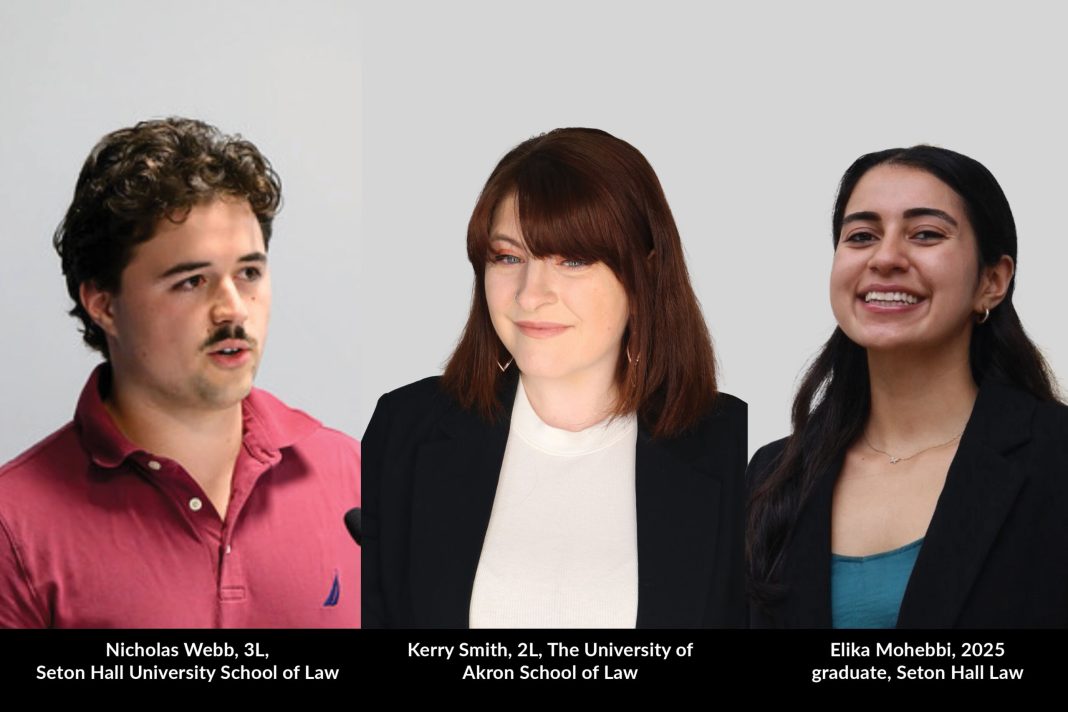Nicholas Webb, a third-year at Seton Hall University School of Law, chose the self-study route, starting his preparation in the early spring of his second year in college.
Webb, who graduated from Seton Hall University in three years, utilized the free resources provided by the Khan Academy.
“I took a baseline test first to get some idea of how I would do,” Webb said. “I studied pretty intensely through the summer focusing on the logic games and analytical reasoning and developing familiarity with the style of questions.”
In all, he spent about 60 hours prepping. He took the test in his undergraduate apartment, checking the WiFi and clearing the testing area of any distractions.
“I tried to replicate the conditions while taking the practice tests,” Webb said.
He got a score of 168 the first time, and did not retake the exam.
“My advice is to try studying on your own and see how it goes,” said Webb, who spent his summer as an associate at Simpson Thacher & Bartlett in New York City. “If you are not getting the result you want then look into other more formal options.”
Kerry Smith, a second-year at The University of Akron School of Law in Ohio, also chose to go it alone.
“I did a Google search to see what other students recommended,” said Smith, who relied on the LSAT Bibles and other free options.
Since she had decided on law school close to the deadline for applications, she spent about three months preparing, taking practice tests and working on effective time management skills.
“Because a lot of the LSAT is about learning the test, the best way to prepare for the LSAT is to take the practice tests,” Smith said. “You also need to get into a rhythm because there is a lot of reading and you have to get to the point quickly, answer the question and move on or you will run out of time.”
Smith took the LSAT at a testing center after encountering technical difficulties while completing the written portion at home.
She got a 154 on her first and only try, allowing her to enroll in Akron Law, which was the school of her choice.
“I would recommend giving yourself six months to prepare,” Smith said. “Whether you choose to self-study or enroll in a program depends upon the type of learner you are. If you need more structure, it’s a good idea to take a formal approach, but if you’re disciplined, self-study is just as effective.”
Seton Hall Law 2025 graduate Elika Mohebbi took the LSAT twice, using two different methods of preparation.
The first time, she studied on her own, relying on the LSAT Bibles and The LSAT Trainer by Mike Kim.
While her score was more than six points above the median, she decided to take the LSAT again, hiring a private tutor and using the Princeton Review.
To her surprise, she scored lower the second time.
“Whether you decide to enroll in a program, self-study or hire a tutor, do the same thing each time,” said Mohebbi, who spent the summer as an associate at the New York City law firm Seward & Kissel. “Because I switched methods, I had to re-teach myself and I think that’s why my score dropped.”

